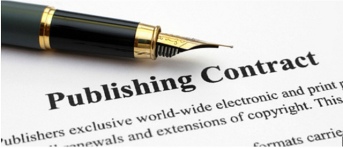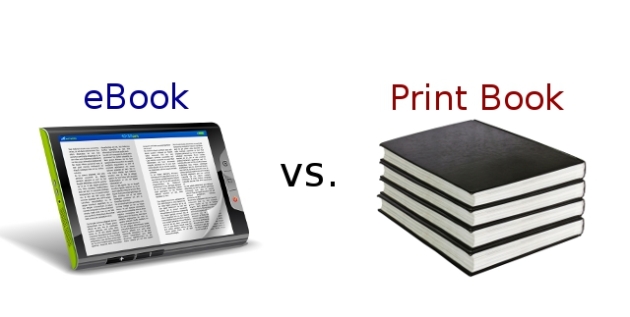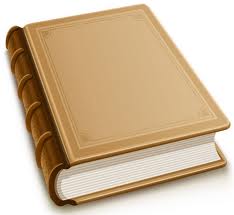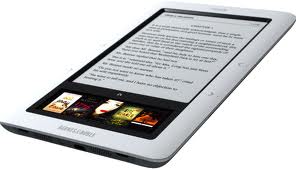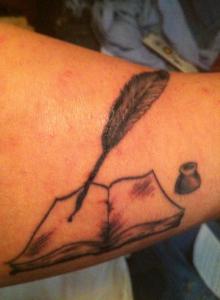
One of the major questions new authors face upon completing their manuscript is trying to decide whether traditional or self-publishing is a better fit for them and their work. Some authors will never self-publish because of their own beliefs about the self-publishing industry while others will try to go the traditional route and then self-publish after countless rejection letters from agents and/or editors. But is it even worth it? Are there enough advantages to self-publishing to justify taking that course? Let’s see.
Self-Publishing
The self-publishing industry has taken the book market by storm in recent years. There are seemingly companies popping up everyday that guarantee this or that for your newly released title. Mostly these are just to get you to take a look at their site where you’ll be bombarded with their so-called ‘success’ stories. You’ll read about one author who has sold enough books to quit their day job. Then another who became a NYT bestseller within their first couple of years of self-publishing. By this time you’re starting to get more and more interested and you’ve now begun looking into the packages and services offered by this particular company. Because in your head your book is just as good as any out there so if someone else can become a self-published bestselling author then so can you, right? Wrong.
Before continuing on further I would like to ask a question of you. How many self-published authors do you know by name?
It’s a simple enough question. So think about it. I’ll answer first…two. Kinda. Cause the two that I know are Hugh Howey and E.L. James. Both of these authors started out in self-publishing and experienced such success that traditional publishers came knocking at their doors. But they’re the exception. There are likely thousands of other struggling self-published authors for each of the major successful ones. For the record, I could probably name 50-100 traditionally published authors just off the top of my head.
But back to the point of this post. There are plenty of advantages to self-publishing. The author is finally able to say “I wrote a book.” The author has far more creative control when it comes to the manuscript and cover than he/she would if it was being done by a traditional publisher. The author will likely have a book available from the world’s largest bookstore Amazon.com. The quality of the books printed by self-publishers today is often no different than the quality of traditional publishers. Remember, I’m talking about the physical book and not the story itself.
Traditional Publishing
If this were a David vs. Goliath sort of post then the traditional publishing industry would be Goliath, accompanied by a vicious dog. The big five traditional publishers of Simon and Schuster, Penguin Random House, Macmillan, Hachette, and HarperCollins maintain a stranglehold on the publishing industry that can’t be overstated. But in reality it’s not much more different from the top few companies in any industry. I’m thinking Wal Mart, Safeway, Kroger, and Costco in grocery or ABC, NBC, CBS, and FOX when it comes to broadcasting major sporting events.
Before going further let me define what it means to go the ‘traditional’ publishing route. The author queries an agent. The agent reads through and decides to represent the manuscript and pitches the story to editors and contacts that he or she may have at a traditional publisher. Eventually the story gets picked up, or it doesn’t.
The traditional publishing industry is loaded with gatekeepers to keep the lesser writers out of the industry, because it all comes down to the publisher making money from selling the books it publishes, right? It’s hard to make money not selling books or by publishing books by just okay writers. It’s a business and their business model has worked largely unchanged for a long time. I read recently that only about 2% of all authors are able to successfully go the traditional publishing route. 2%! If you ever wonder why there are so many self-publishers and self-published authors out there today then take a look at that number right there as partly responsible.
But let’s not forget that traditional publishers take all the risk when it comes to publishing. All of it.
My Take
This is coming from someone who self-published his first book through CreateSpace. It’s simple. Traditional publishing continues to rule the publishing world, and it’s not even close. Sure there are a few authors who have managed to gain critical acclaim and sell thousands upon thousands of books through self-publishing, but the more persistent trend is that the author will sell a few hundred copies of their book and then fall by the wayside. It’s just how it is.
So when you finish that manuscript you’ve been working on and you go through and rewrite and rewrite some more and then come to this particular question, I would suggest sending out a few queries to some agents before self-publishing. But that’s just me.
